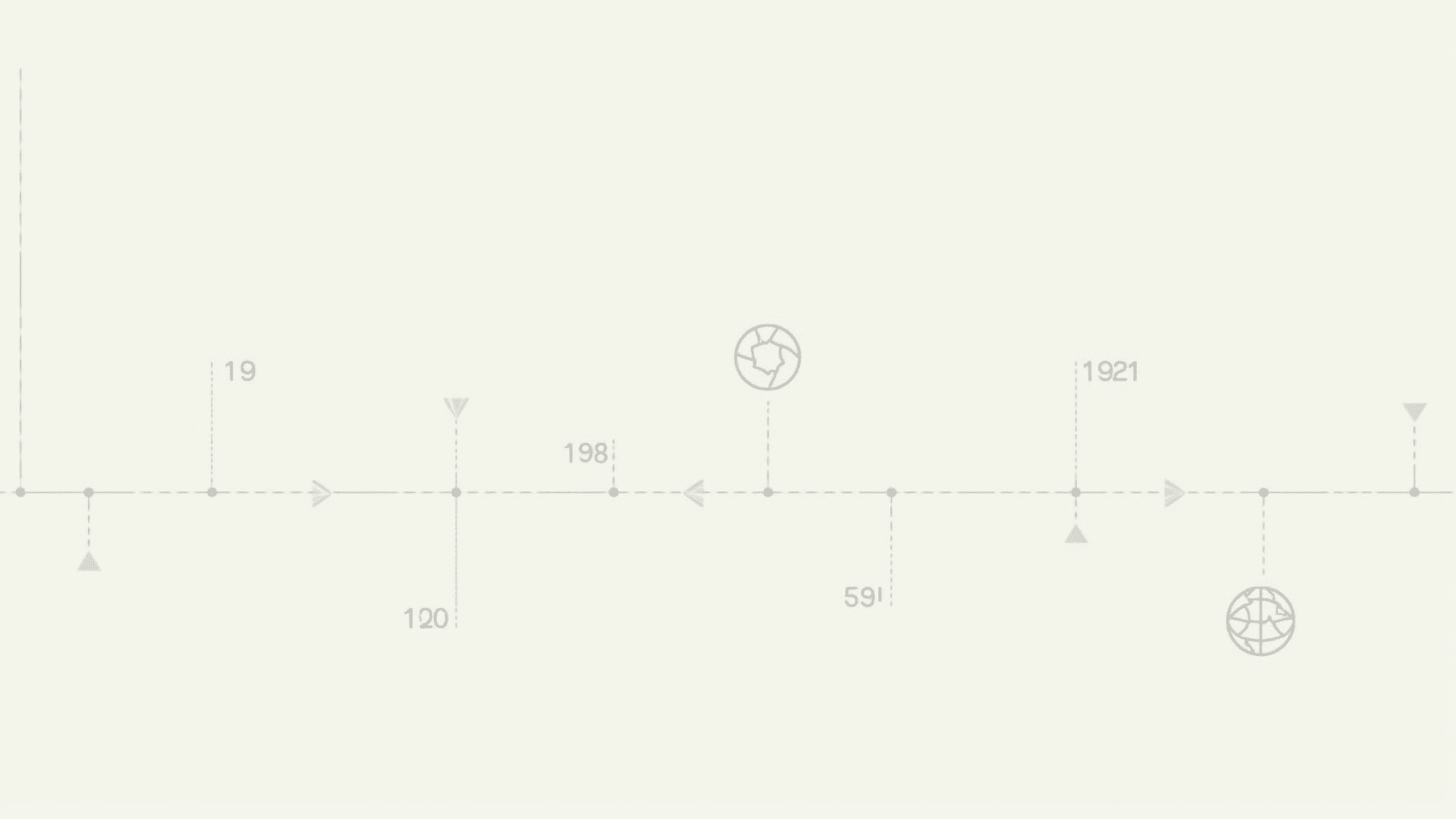Throughout history, pivotal economic events have shaped the course of modern economies, influencing global markets and policy decisions in profound ways. As we explore these events, we uncover the enduring legacy they've left on today's economic landscape.
The Great Depression of the 1930s stands out as a defining moment, demonstrating the vulnerabilities of economies to systemic failures. Its aftermath highlighted the need for regulatory frameworks and safety nets to protect against future downturns. This led to the establishment of key financial institutions and policies aimed at ensuring economic stability, which continue to play a critical role in contemporary markets.
World War II further transformed global economies, marking the shift towards large-scale industrialization and technological advancement. The post-war era saw the emergence of major economic powers and the creation of international bodies designed to foster economic cooperation and rebuild war-torn nations. This laid the groundwork for the globalization that defines much of our modern economic interactions.
The 1970s oil crises exemplified how geopolitical tensions can cause economic upheaval, prompting nations to rethink energy policies and diversification strategies. The resultant inflation and economic stagnation underscored the interconnectedness of global economies, a theme that remains relevant as countries navigate energy transitions and address climate change.
The fall of the Soviet Union in the late 20th century marked a significant shift towards open markets and democratization. The transition of former Eastern Bloc countries to market economies has had lasting impacts, contributing to the expansion of the European Union and influencing trade agreements worldwide.
More recently, the financial turmoil of 2008 served as a stark reminder of the risks inherent in complex financial products and unregulated markets. The resulting policy changes and regulatory reforms have aimed to increase oversight and prevent similar crises, highlighting the importance of transparency and accountability in sustaining economic health.
In understanding these historical events, modern policymakers and economic leaders can draw valuable lessons. Recognizing the patterns and outcomes of the past allows for informed strategies that can better navigate future challenges and opportunities. This historical perspective is crucial as we continue to face evolving economic landscapes shaped by technological advancements, demographic shifts, and environmental considerations.
As we reflect on these events, it becomes clear that history is not only a record of the past but a vital guide for the future, underpinning decision-making processes across the globe. Such insights underscore the enduring relevance of historical economic transformations and their ongoing influence on today's world.
